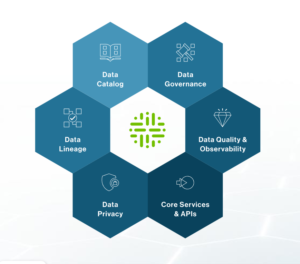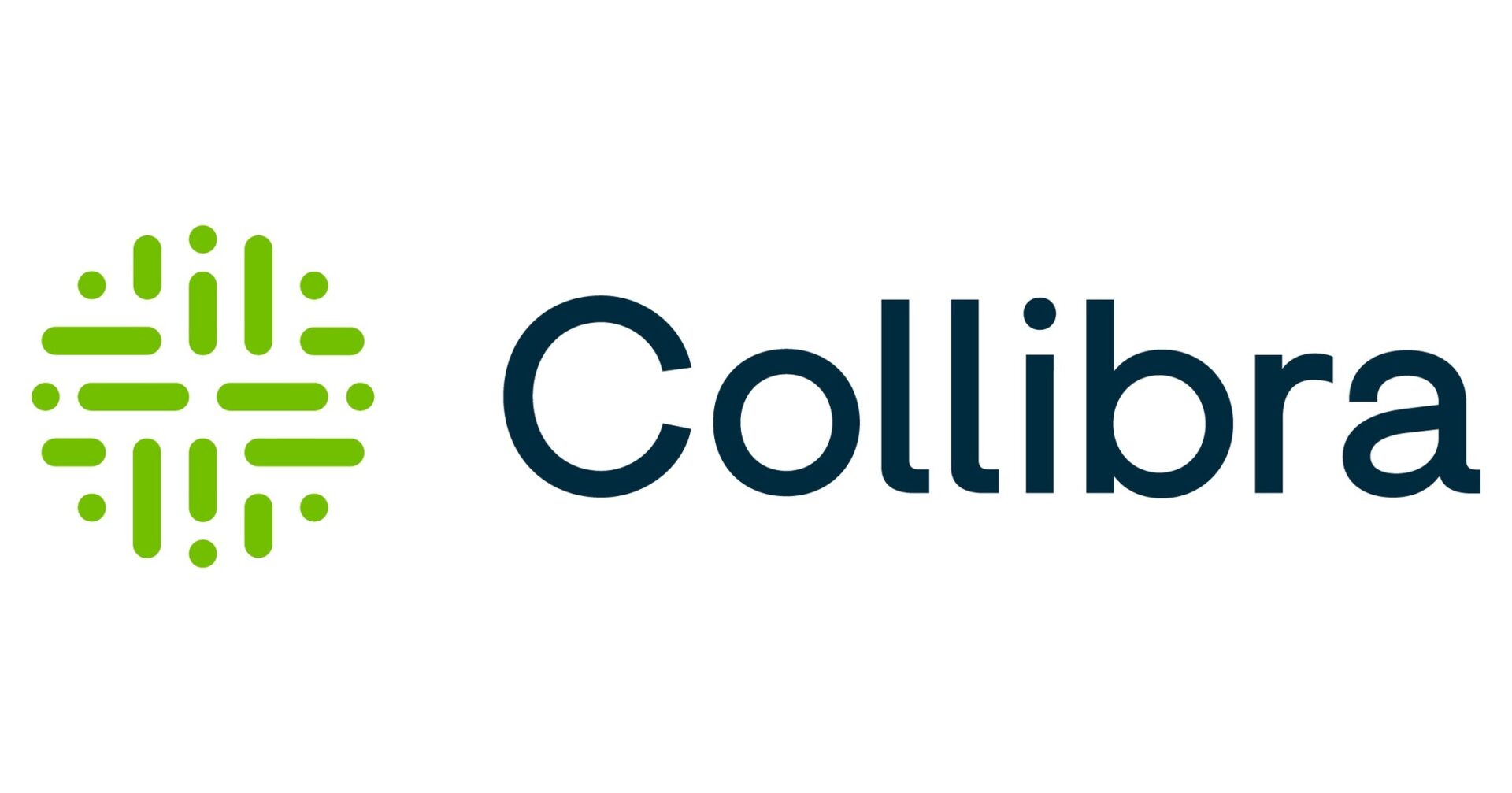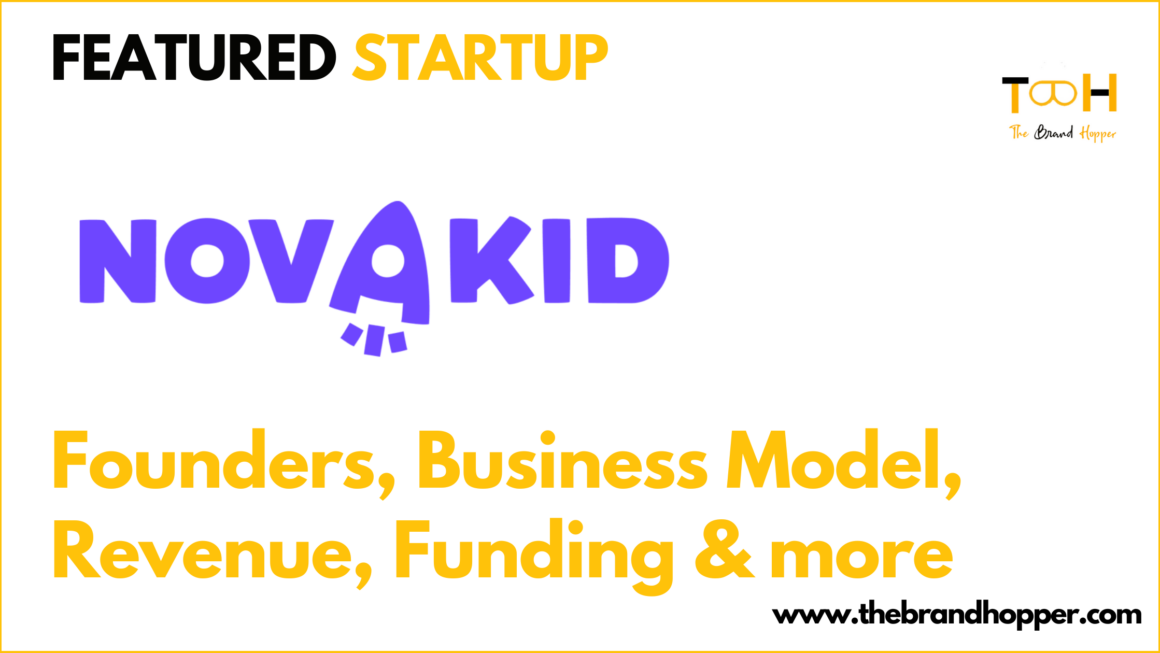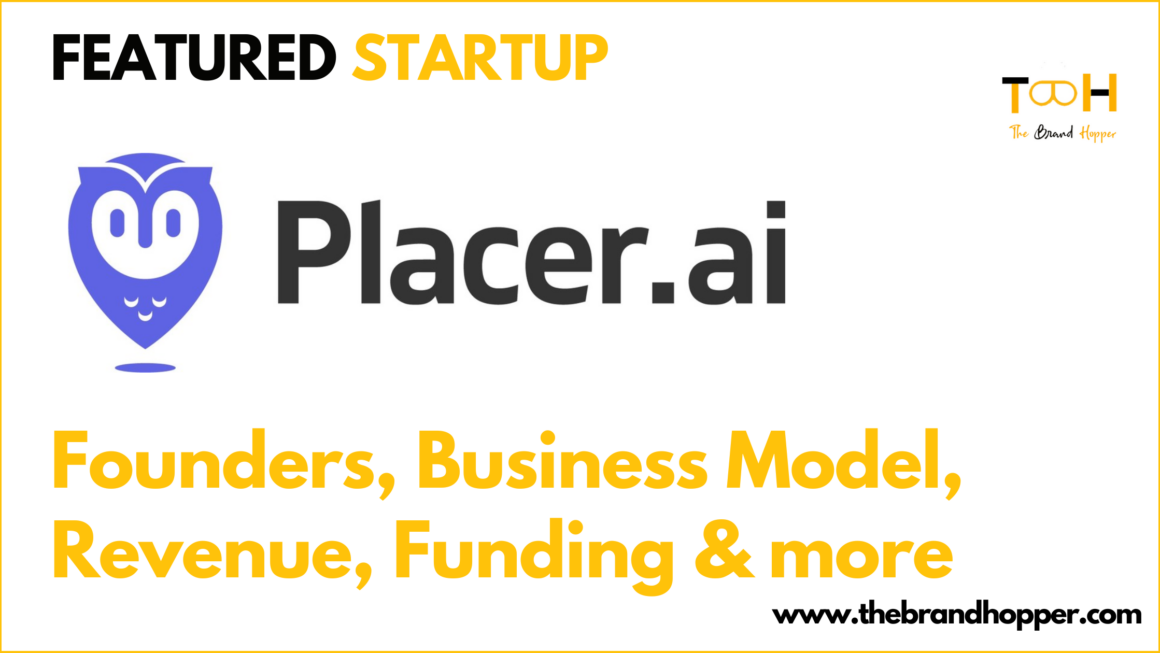In the ever-evolving landscape of technology and data-driven decision-making, Collibra stands as a beacon of innovation and empowerment for enterprises seeking to unlock the full potential of their data. As a thriving startup, Collibra has quickly emerged as a trailblazer in the realm of data intelligence, revolutionizing the way organizations manage, govern, and derive value from their vast and complex data assets.
Collibra is a data intelligence company that helps organizations govern, manage, and analyze their data. The company’s platform provides a single view of all data assets, enabling users to find, understand, and use data more effectively. Collibra’s customers include some of the world’s largest companies, such as HSBC, Pfizer, and Shell.
Collibra was founded in 2008 in Belgium and is headquartered in New York City. The company has raised over $546 million in venture capital funding. In 2021, Collibra was named to the Forbes Cloud 100 list of the most innovative cloud companies.
Collibra’s platform is designed to help organizations improve their data governance, data quality, and data compliance. The platform provides a variety of features, including:
- A data catalog that helps users find and understand data assets
- Data quality management tools that help organizations improve the quality of their data
- Data lineage tools that track the flow of data through an organization
- Data privacy tools that help organizations comply with data privacy regulations
Collibra’s platform is a cloud-based SaaS solution that can be deployed on-premises or in the cloud. The platform is available in multiple languages and is supported by a global team of experts.
Collibra is a leading provider of data intelligence solutions. The company’s platform is used by some of the world’s largest companies to improve their data governance, data quality, and data compliance. Collibra is a well-funded and growing company with a strong track record of innovation.
What is Collibra and What do they do?
Collibra is a data intelligence company that provides a robust platform designed to help organizations effectively manage and govern their data assets. The platform empowers businesses to turn their data into valuable insights, enabling them to make informed and data-driven decisions across all aspects of their operations.

Collibra’s main focus revolves around several key functionalities:
Data Governance: Collibra enables organizations to establish a strong data governance framework. It provides tools to define data policies, data quality standards, and data ownership, ensuring that data is accurate, consistent, and compliant with relevant regulations.
Data Catalog: Collibra offers a comprehensive data catalog that acts as a centralized repository of metadata and information about an organization’s data assets. This catalog makes it easier for users to discover, understand, and access relevant data, breaking down data silos and fostering collaboration.
Data Lineage: Understanding data lineage is crucial for assessing data quality and ensuring data traceability. Collibra’s platform allows users to visualize and track the origin, transformations, and movement of data across different systems and processes.
Data Collaboration: Collibra promotes a data-driven culture by facilitating collaboration among various stakeholders, such as data analysts, data scientists, business users, and data stewards. This collaborative approach ensures that data is understood and utilized effectively throughout the organization.
Data Privacy and Compliance: With an increasing focus on data privacy regulations, Collibra helps organizations ensure compliance with various data protection laws and regulations by providing tools to manage data access, consent, and privacy policies.
Data Insights and Analytics: The platform allows organizations to derive valuable insights from their data, enabling them to make informed decisions and identify opportunities for growth and improvement.
Overall, Collibra’s comprehensive data intelligence platform empowers businesses to harness the full potential of their data, fostering a data-driven culture that leads to better decision-making, improved efficiency, and a competitive advantage in the market.
Founding History and Founders of Collibra
The founding history of Collibra traces back to 2008 when the company was established in Brussels, Belgium, by three visionary entrepreneurs – Felix Van de Maele, Stijn Christiaens, and Pieter De Leenheer. Let’s delve into the details of the founders and how Collibra came into existence:
Felix Van de Maele: Felix Van de Maele is one of the co-founders and the CEO of Collibra. He holds a master’s degree in Computer Science from the Vrije Universiteit Brussel. Before co-founding Collibra, Felix gained experience in the technology industry, working as a Software Engineer at Business Architects International and later as a Researcher at the STARLab research center.

Stijn Christiaens: Stijn Christiaens is another co-founder of Collibra and serves as the Chief Data Citizen of the company. He also earned a master’s degree in Computer Science from the Vrije Universiteit Brussel. Prior to launching Collibra, Stijn gained expertise in software development and information management through his work at Business Architects International and as a researcher at STARLab.

Pieter De Leenheer: Pieter De Leenheer is the third co-founder of Collibra, and while he left the company in its early years, his contributions to its formation were significant. Like his co-founders, he also studied at the Vrije Universiteit Brussel, where he obtained a master’s degree in Computer Science. Pieter’s background in software engineering and data management was instrumental in shaping Collibra’s early developments.
Founding History:
Collibra’s founding history can be traced back to the founders’ shared vision of addressing the challenges faced by organizations in managing and governing their ever-increasing data assets. They recognized that data was becoming the lifeblood of modern businesses, but many enterprises struggled to gain valuable insights from their data due to fragmentation, silos, and inadequate data governance.
In response to this critical need, the three founders came together in 2008 and founded Collibra with the mission of empowering organizations to unlock the true potential of their data. Their goal was to build a platform that would provide end-to-end data intelligence solutions, enabling enterprises to manage, govern, and derive actionable insights from their data seamlessly.
The founders’ expertise in computer science, software engineering, and information management played a pivotal role in shaping the early stages of Collibra’s platform. With dedication and determination, they worked on developing innovative data governance and management solutions that would bridge the gap between data producers and data consumers within organizations.
Over the years, Collibra’s platform evolved and gained recognition as a leading data intelligence solution, serving enterprises across various industries worldwide. The company’s growth has been driven by a commitment to excellence, continuous innovation, and a strong belief in the power of data-driven decision-making.
Business Model of Collibra
Collibra’s business model is based on a Software-as-a-Service (SaaS) subscription model. Let’s delve into the details of Collibra’s business model:
Software-as-a-Service (SaaS) Subscription Model:
Subscription-Based Revenue: Collibra primarily generates revenue through recurring subscription fees. Under this model, customers pay a regular fee to access and use Collibra’s data intelligence platform and services. Subscriptions are typically billed on a monthly or annual basis, providing customers with ongoing access to the latest platform updates, features, and support.
Tiered Pricing: Collibra offers its platform in various tiers or editions, each tailored to meet the specific needs of different types of customers. These tiers may vary in terms of functionality, usage limits, and support levels. Customers can choose the tier that aligns with their organization’s size and requirements.
Scalability and Flexibility: Collibra’s SaaS model allows customers to scale their usage based on their evolving data management needs. As businesses grow or their data requirements change, they can easily adjust their subscription plans to accommodate additional users, data volume, or advanced features.
Pay-as-You-Go Options: Some SaaS providers offer pay-as-you-go options, where customers are charged based on their actual usage of the platform. While specific details may vary, this approach enables smaller organizations or projects to access Collibra’s services without committing to a fixed subscription plan.
Free Trials and Proof of Concepts: Collibra often provides free trial periods or proof-of-concept opportunities for potential customers to explore the platform’s capabilities and determine how it aligns with their data governance and management needs. This approach allows organizations to experience the value of Collibra’s solution before making a long-term commitment.
Customer Success and Support: Collibra invests in customer success initiatives to ensure that customers maximize the benefits of their platform usage. This includes providing training, documentation, and support services to assist customers in implementing and utilizing Collibra effectively.
Collibra’s SaaS-based business model has been pivotal in enabling organizations to harness the power of data intelligence effectively. By offering a flexible, scalable, and feature-rich platform through a subscription-based approach, Collibra empowers businesses to govern their data efficiently, make data-driven decisions, and achieve a competitive edge in today’s data-driven world.
Revenue Streams of Collibra
Collibra’s revenue streams are as follows:
Subscription fees: Collibra’s main source of revenue is subscription fees for its cloud-based platform. Subscription fees are based on the number of users and the features that are being used.
Professional services: Collibra also offers professional services, such as implementation, training, and consulting. Professional services revenue is typically a smaller portion of Collibra’s total revenue.
Partnerships: Collibra partners with other companies to offer integrated solutions. For example, Collibra partners with Snowflake to offer a data governance solution that is integrated with Snowflake’s data warehouse platform. Partnership revenue is a small but growing part of Collibra’s total revenue.
In 2022, Collibra’s subscription fees accounted for 88% of its total revenue, professional services accounted for 10% of its total revenue, and partnerships accounted for 2% of its total revenue.
Collibra’s revenue has been growing steadily in recent years. In 2022, Collibra’s revenue was $250 million, up from $150 million in 2021. The company expects its revenue to continue to grow in the coming years.
Here are some of the factors that are driving Collibra’s revenue growth:
- The increasing demand for data governance solutions: As organizations generate more and more data, the need for data governance solutions is growing. Collibra’s platform is a leading solution for data governance, and this is driving demand for the company’s products.
- The growth of the cloud: The cloud is becoming the preferred platform for data governance solutions. Collibra’s platform is a cloud-based solution, and this is helping the company to grow its customer base.
- The increasing adoption of data-driven decision-making: Organizations are increasingly using data to make decisions. This is driving demand for data governance solutions, as organizations need to ensure that their data is accurate and reliable.
Collibra is well-positioned to continue to grow its revenue in the coming years.
Valuation, Funding and Investors of Collibra
Valuation
In November 2021, Collibra raised $250 million in Series G funding, at a post-money valuation of $5.25 billion. This valuation represents a significant increase from the company’s valuation in 2020, which was $2.5 billion.
The increase in Collibra’s valuation is due to a number of factors, including the company’s strong revenue growth. In 2021, Collibra’s revenue grew by 50% year-over-year. The company also has a growing customer base, with over 1,000 customers in 60 countries.
Collibra’s market share is also growing. The company is the leading provider of data governance solutions in the cloud. In 2021, Collibra’s market share was estimated to be 20%.
Here are some of the key factors that have contributed to Collibra’s high valuation:
- The increasing importance of data governance: As organizations generate more and more data, the need for data governance solutions is growing. Collibra’s platform is a leading solution for data governance, and this is driving demand for the company’s products.
- The growth of the cloud: The cloud is becoming the preferred platform for data governance solutions. Collibra’s platform is a cloud-based solution, and this is helping the company to grow its customer base.
- The increasing adoption of data-driven decision-making: Organizations are increasingly using data to make decisions. This is driving demand for data governance solutions, as organizations need to ensure that their data is accurate and reliable.
- Collibra’s strong product: Collibra’s platform is a comprehensive and easy-to-use solution for data governance. The platform is well-designed and meets the needs of a wide range of organizations.
- Collibra’s experienced team: Collibra has a team of experienced professionals with a deep understanding of data governance. The team is committed to providing excellent customer service and support.
Overall, Collibra’s valuation is based on a number of factors that suggest that the company is a strong and growing business.
Funding
Collibra has raised over $546 million in venture capital funding to date. Here is a breakdown of the company’s funding rounds:
Series A: In 2012, Collibra raised $1.2 million Series A investment round.
Series B: In 2015, Collibra raised $23 million Series B investment round led by Index Ventures, with participation from Dawn Capital.
Series C: In 2017, Collibra closed $50 million in Series C financing led by San Francisco-based ICONIQ Capital with participation from investment firm Battery Ventures and return backers Dawn Capital, Index Ventures and Newion Investments.
Series D: In 2018, Collibra closed $58 million in Series D financing. This round was led by existing Collibra investors ICONIQ Capital and Battery Ventures, with participation from early Collibra investors Dawn Capital, Index Ventures and Newion Investments
Series E: In 2019, Collibra raised a $100M Series-E funding round, led by CapitalG, Alphabet’s growth equity investment fund. This brings our post-money valuation to more than $1 billion.
Series F: Collibra raised $112.5 million in Series F funding, at a post-money valuation of $2.3 billion which was co-led by ICONIQ Capital, Index Ventures, and Durable Capital Partners LP, with previous investors CapitalG (Google’s growth fund), Battery Ventures, and Dawn Capital also participating.
Series G: Collibra raised $250 million in Series G funding. Sequoia Capital Global Equities (SCGE) and Sofina led the round, along with participation from new investor Tiger Global Management and existing investors Battery Ventures, CapitalG, Dawn Capital, Durable Capital Partners LP, ICONIQ Capital and Index Ventures. The funding values Collibra at $5.25 billion, more than doubling the company’s valuation of $2.35 billion announced in April 2020.
Collibra’s funding has come from a variety of investors, including venture capital firms, strategic investors, and individual investors. The company’s investors have been impressed by Collibra’s strong product, its growing customer base, and its potential to disrupt the data governance market.
Collibra’s funding has helped the company to grow its business and expand its reach. The company has used its funding to invest in research and development, marketing, and sales. Collibra has also used its funding to acquire other companies, such as OwlDQ in 2021.
Also Read: Trade Republic – History, Founders, Business & Revenue Model, Funding
To read more content like this, subscribe to our newsletter




